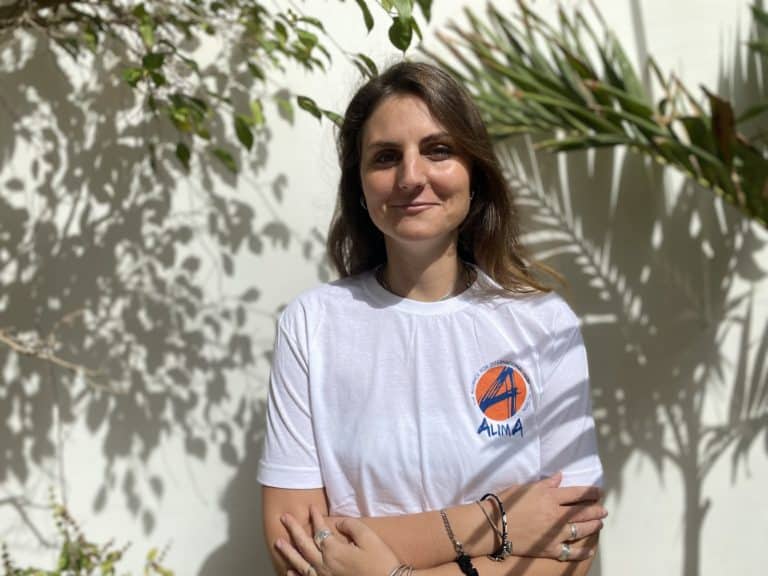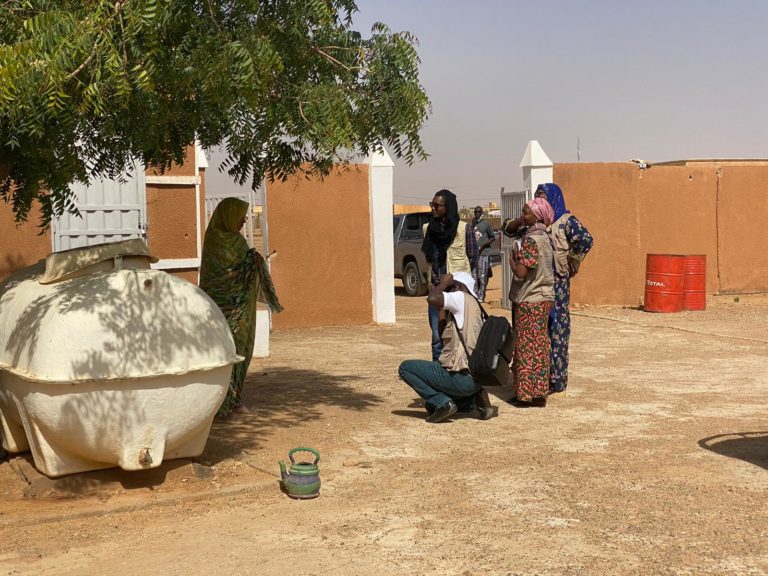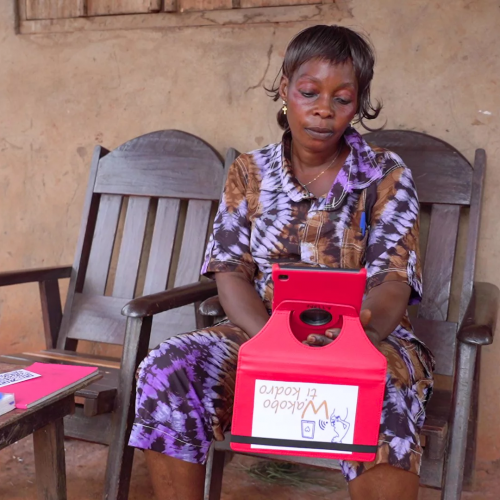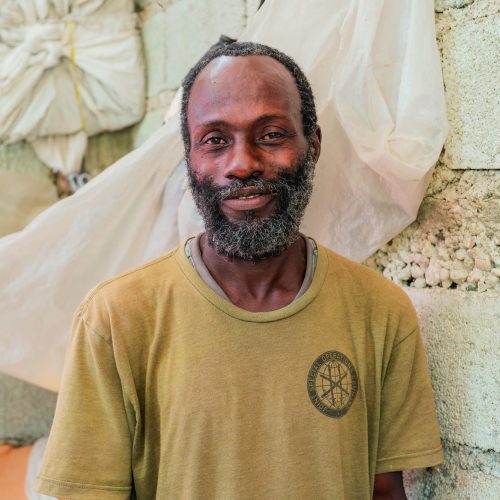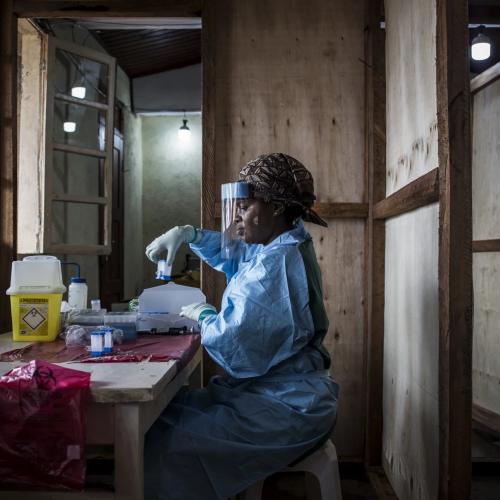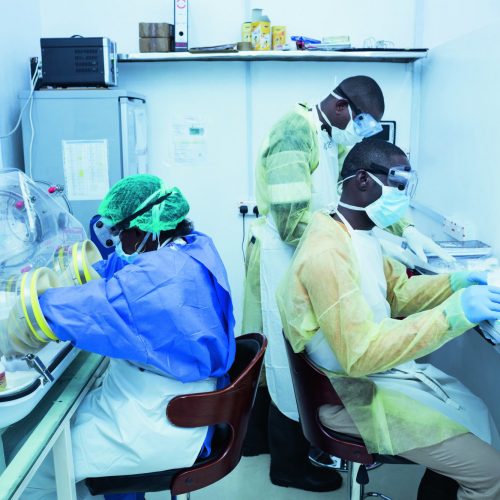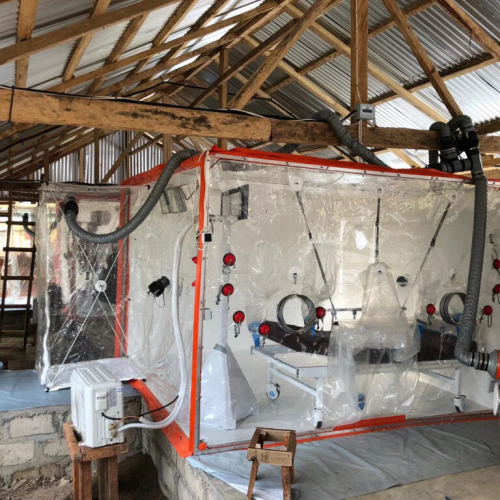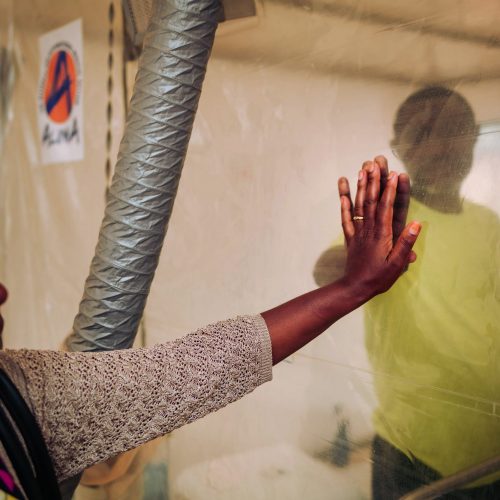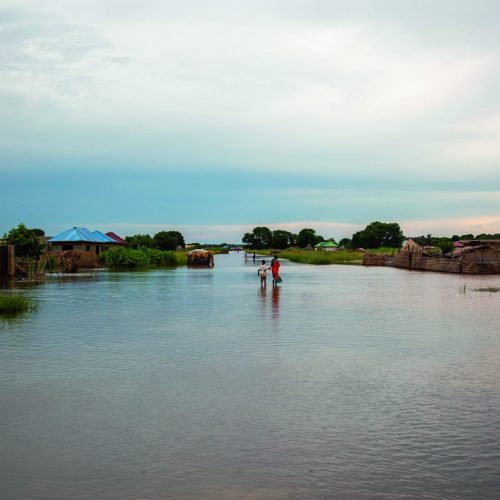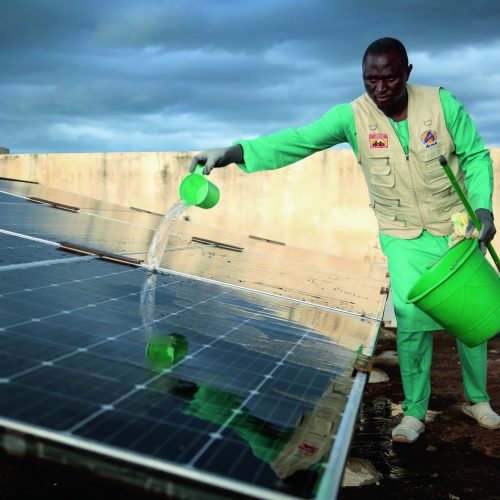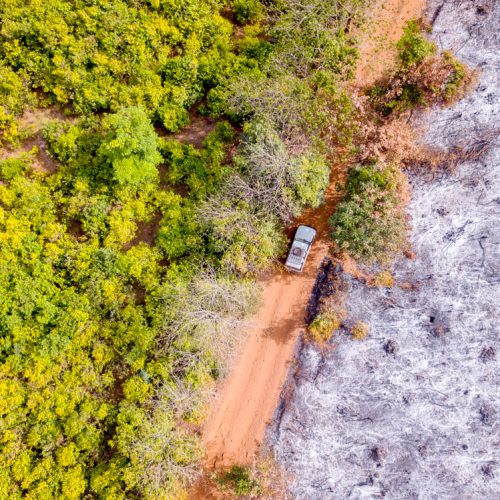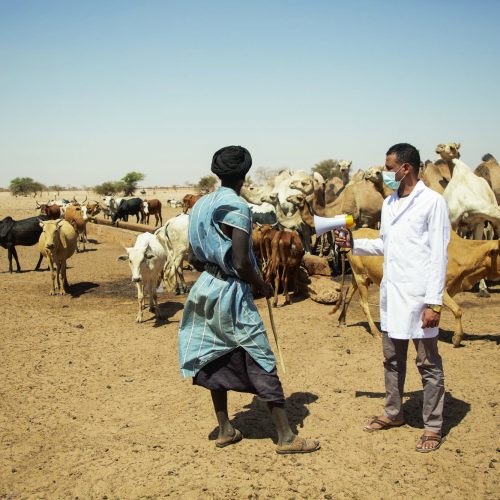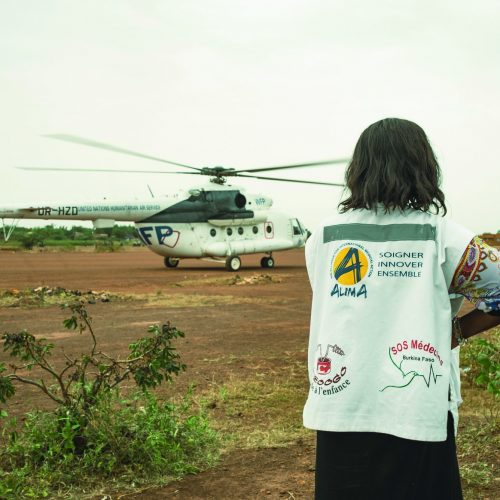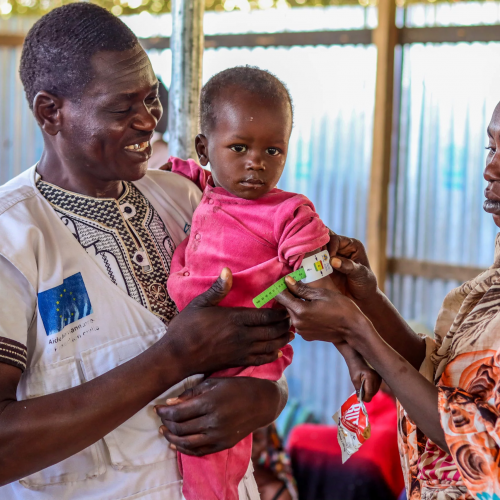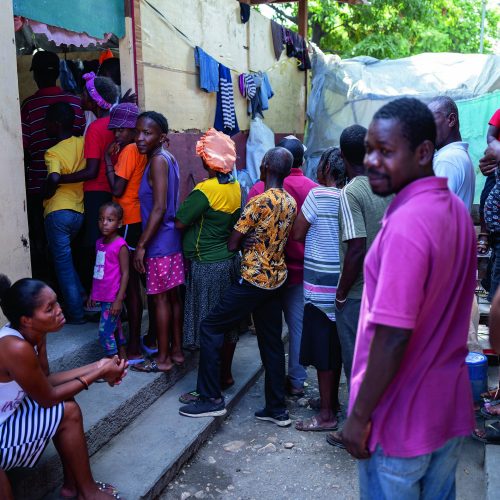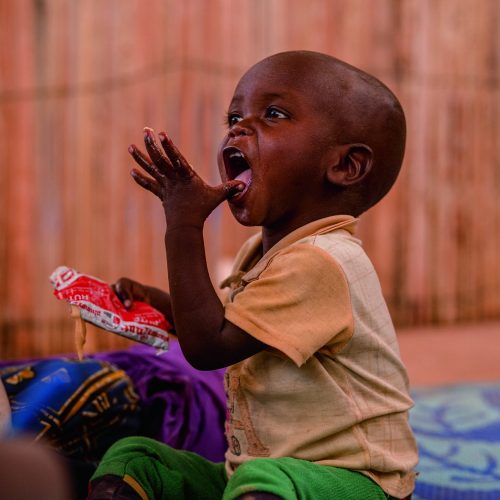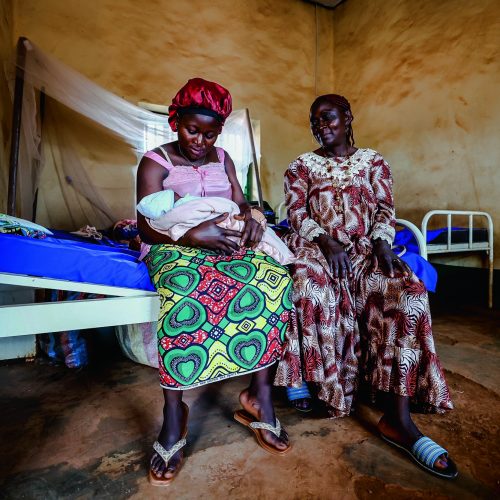The Brakna region with an estimated population of approximately 352,157 (2023), spans over 33,800 square kilometers, resulting in a very low population density of 9.5 inhabitants per square kilometer. Since May 2021, ALIMA has been working in Brakna, prioritizing interventions aimed at children under 5 and combating the global COVID-19 pandemic by vaccinating the most vulnerable communities.
What are your biggest challenges in Brakna?
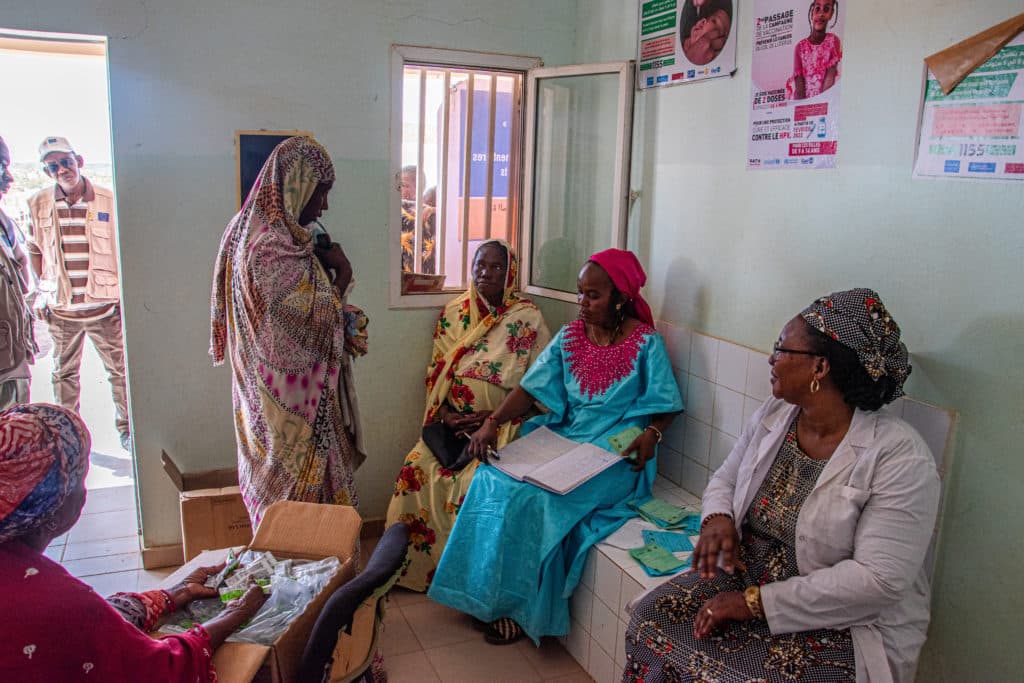
The first is related to the Mauritanian health system, which is facing both structural and cyclical challenges. There is a permanent risk of epidemics due to low vaccination coverage and the limited autonomy of health facilities within their management structures.
The second concerns the extensive coverage area. With insufficient financial and human resources, it is almost impossible to cover the whole area.
The third challenge revolves around the fragile medical-nutritional situation, exacerbated by the impacts of the COVID-19 pandemic and climate change, with alternating droughts and floods resulting in low agricultural productivity and high dependence on imported food, in a context of low purchasing power among the population.
Lastly, there is a lack of funding. Most of our projects are nearing completion, with all activities in Brakna scheduled to end by June, when funding expires.
With the withdrawal of some donors, what are your plans for the region?
Our funding ends in June, which is a serious concern. However, the withdrawal of some donors does not mean that ALIMA will leave Brakna. Our goal will always be to support the Brakna region in addressing the needs of its most vulnerable communities.
We are currently trying to find other alternatives to finance our projects. We are still looking for new donors and intend to diversify our interventions in Brakna to maintain the progress we’ve made in nutrition and pediatric health. We also want to expand our expertise to other areas, such as reproductive health, epidemic response, and management of other health emergencies and natural disasters.
Why should ALIMA stay ?
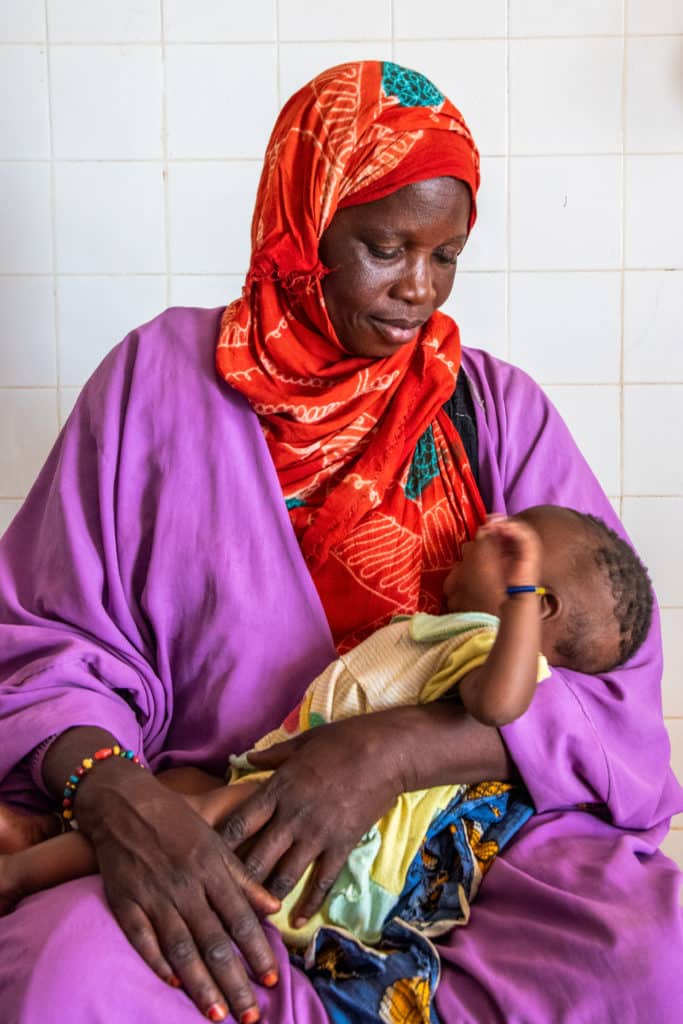
There are still many needs in Brakna. We are in an area with a high prevalence of malnutrition, largely linked to poverty. Moreover, the region is impacted by the effects of climate change, causing severe droughts that are exacerbating humanitarian crises and food insecurity. In addition, the impacts of the COVID-19 pandemic continue to be felt through the weakening of the country’s economy, diminished purchasing power among the population, and ongoing strain on the health system due to recurrent epidemics.
During a meeting with Dr. Cheikh Bamba, Director of Boghé Hospital, our support was described as “essential and beneficial to the population”.
Although ALIMA is currently engaged in humanitarian response efforts in Brakna, malnutrition is a major global health issue impacted by factors across multiple sectors. A multi-sectoral approach is needed to establish a sustainable solution in the region, involving areas such as food security, livestock management, agriculture, education, and more.
Cover picture © Alioune NDIAYE / ALIMA

